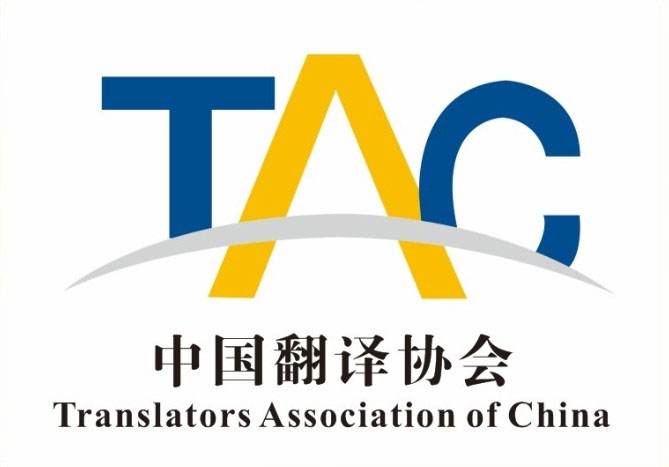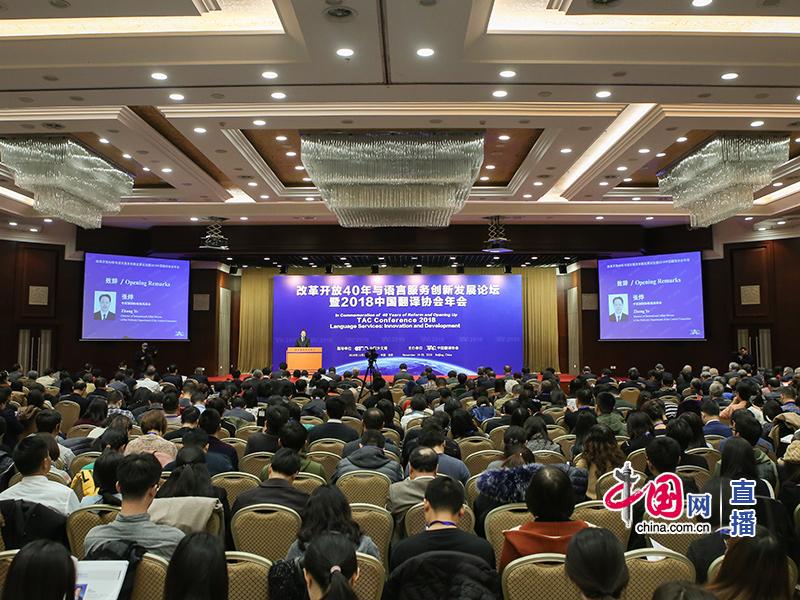Gallic and Teuton feathers have been ruffled by moves to promote English as the official EC language, writes Andrew Osborn
Friday August 10, 2001,Guardian Unlimited
Any attempt to demolish Europe”s tottering linguistic Tower of Babel was always going to be controversial and so it is that a new plan to have just one working language at the European commission instead of the current three has sparked outrage in certain quarters.
The one language – it is feared and probably with good reason – will be English, meaning that the two other working languages currently in use (French and German) would be all but redundant and this, perhaps unsurprisingly, has not gone down well in Paris or Berlin.
In fact, the two countries are so concerned by the proposals, drawn up by the commission itself, that their respective foreign ministers Hubert Vedrine and Joschka Fischer have written a joint letter to commission president Romano Prodi protesting the move.
The plan would, they say, be “unacceptable”, would “promote unilingualism” and not be in the [rarely honoured] spirit “communataire” of the European union.
The French press has taken up the issue with its customary ardour talking of an attempted “linguistic coup d”etat” and muttering darkly about an Anglo-Saxon plot to impose English on Europe”s 370m citizens.
The stakes are high, for with as many as 13 applicant countries queuing up to join at the EU at the earliest opportunity, the linguistic battle is on for the hearts and minds of the newcomers.
Since it will clearly be impractical to expand the EU”s official 11 languages (into which EU legislation is translated as opposed to the three working languages used by the commission) then a crucial question will sooner or later have to be answered.
Which linguistic fence will the mostly east European newcomers opt to sit upon?
This latest dispute is probably only the initial skirmish in what is likely to be a protracted linguistic scrap.
The commission for its part argues that having just one working language instead of three will save time and money, and is a good idea against the backdrop of its drive to reform and modernise itself.
“About 10 years ago 70% of the paperwork in the commission was in French, but the balance has now tipped towards English. There has been a generational change and English is the language that young people are learning. Nobody is going to change that drift,” says one commission official.
Spokesmen stress that the proposals are in an embryonic stage and will not sweep away the multilingualism so coveted by the French and the Germans.
But the French, sensitive at the best of times about the inexorable march of the English language at the expense of the language of Moliere, are not convinced. “What is the dream of all Eurocrats?” French daily newspaper Liberation asked its readers.
“That all the citizens of the EU speak English and that national languages are downgraded to the status of quaint dialects which will eventually be taught in just a few specialised classes,” was its answer.
“This attempt to make the EU a linguistic branch of Nato and the OECD where English has long ago supplanted French, the other official language, is not the first and will not be the last,” it continued.
The fact is, of course, that the battle for linguistic supremacy in the EU was lost long ago and English has emerged as the undisputed second language of choice across the prosperous 15-nation bloc.
The Germans have learned to live with this fact – only an estimated 1% of commission documents are printed in German as compared to 55% in English (up from 40% 10 years ago) and 44% in French.
But nobody seems to have told the French that they are fighting a battle which has already been conceded.
French journalists can frequently be heard expressing outrage at the commission”s ritualistic midday press briefing that a certain document has not been issued in French or that a spokesman”s command of French is far from perfect.
Their frustration is perhaps understandable and should be familiar to Brits for it is all about the pain of coming to terms with the loss of empire. The commission has, in effect, been France”s private fiefdom ever since it was set up (along French government lines) in the 60s and the ascendancy of English at the expense of French together with “Anglo-Saxon” style administrative reforms comes as a rude shock to the system.
As one commission insider puts it: “They say that this plan would be the end of the community dream but strangely it didn”t seem to be the end of the dream when everyone spoke French for the past 30 years.”













